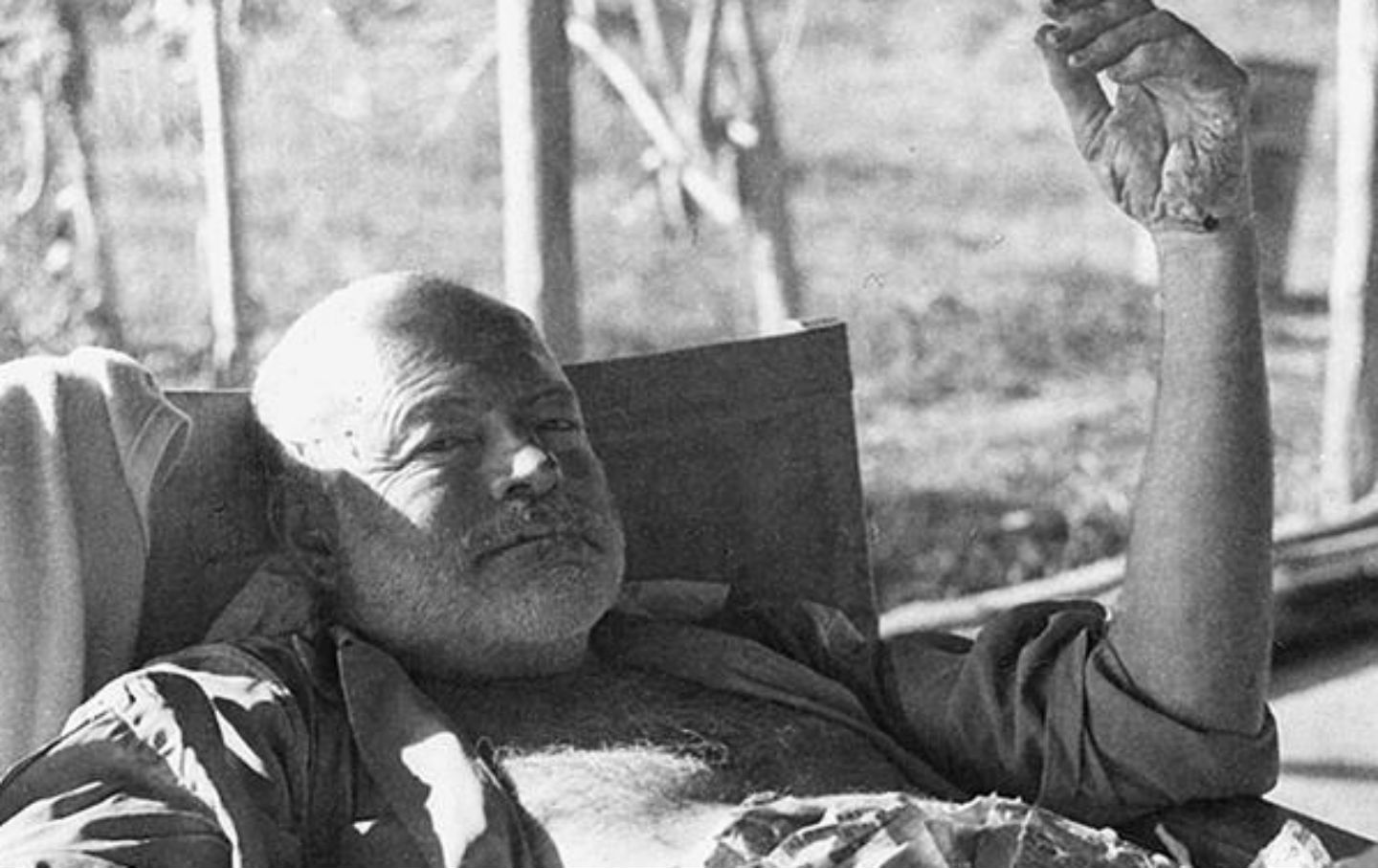
The First Battle of Bull Run
In the first major land battle of the Civil War, a large Union force under General Irvin McDowell is routed by a Confederate army under General Pierre G.T. Beauregard.
Three months after the Civil War erupted at Fort Sumter, Union military command still believed that the Confederacy could be crushed quickly and with little loss of life. In July, this overconfidence led to a premature offensive into northern Virginia by General McDowell. Searching out the Confederate forces, McDowell led 34,000 troops—mostly inexperienced and poorly trained militiamen—toward the railroad junction of Manassas, located just 30 miles from Washington, D.C. Alerted to the Union advance, General Beauregard massed some 20,000 troops there and was soon joined by General Joseph Johnston, who brought some 9,000 more troops by railroad.
On the morning of July 21, hearing of the proximity of the two opposing forces, hundreds of civilians–men, women, and children–turned out to watch the first major battle of the Civil War. The fighting commenced with three Union divisions crossing the Bull Run stream, and the Confederate flank was driven back to Henry House Hill. However, at this strategic location, Beauregard had fashioned a strong defensive line anchored by a brigade of Virginia infantry under General Thomas J. Jackson. Firing from a concealed slope, Jackson’s men repulsed a series of Federal charges, winning Jackson his famous nickname “Stonewall.”
Meanwhile, Confederate cavalry under J.E.B. Stuart captured the Union artillery, and Beauregard ordered a counterattack on the exposed Union right flank. The rebels came charging down the hill, yelling furiously, and McDowell’s line was broken, forcing his troops in a hasty retreat across Bull Run. The retreat soon became an unorganized flight, and supplies littered the road back to Washington. Union forces endured a loss of 3,000 men killed, wounded, or missing in action while the Confederates suffered 2,000 casualties. The scale of this bloodshed horrified not only the frightened spectators at Bull Run but also the U.S. government in Washington, which was faced with an uncertain military strategy in quelling the “Southern insurrection.”

SPACE EXPLORATION
2011
NASA’s final space shuttle mission comes to an end
On July 21, 2011, NASA’s space shuttle program completes its final, and 135th, mission, when the shuttle Atlantis lands at Kennedy Space Center in Florida. During the program’s 30-year history, its five orbiters—Columbia, Challenger, Discovery, Atlantis and Endeavour.

ART, LITERATURE, AND FILM HISTORY
1899
Ernest Hemingway is born
On July 21, 1899, Ernest Miller Hemingway, author of such novels as “For Whom the Bell Tolls” and “The Old Man and the Sea,” is born in Oak Park, Illinois. The influential American literary icon became known for his straightforward prose and use of understatement.

GREAT BRITAIN
2005
Bombers attempt to attack London transit system
On July 21, 2005, terrorists attempt to attack the London transit system by planting bombs on three subways and on one bus; none of the bombs detonate completely. The attempted attack came exactly two weeks after terrorists killed 56 people, including themselves, and wounded 700.

AFRICA
1970
Aswan High Dam completed
After 11 years of construction, the Aswan High Dam across the Nile River in Egypt is completed on July 21, 1970. More than two miles long at its crest, the massive $1 billion dam ended the cycle of flood and drought in the Nile River region.

WORLD WAR II
1944
Hitler to Germany: “I’m still alive”
On July 21, 1944, Adolf Hitler takes to the airwaves to announce that the attempt on his life has failed and that “accounts will be settled.” Hitler had survived the bomb blast that was meant to take his life. He had suffered punctured eardrums, some burns and minor wounds.

WESTWARD EXPANSION
1865
Wild Bill Hickok fights first western showdown
In what may be the first true western showdown, Wild Bill Hickok shoots Dave Tutt dead in the market square of Springfield, Missouri. Hollywood movies and dime novels notwithstanding, the classic western showdown–also called a walkdown–happened only rarely in the American West.

ART, LITERATURE, AND FILM HISTORY
2007
Final Harry Potter book released
On July 21, 2007, the seventh and final Harry Potter novel, Harry Potter and the Deathly Hallows, is released, with an initial print run of 12 million copies in the United States alone. Like each of the previous Harry Potter novels.

NATURAL DISASTERS & ENVIRONMENT
365
Tsunami hits Alexandria, Egypt
On July 21, 365, a powerful earthquake off the coast of Greece causes a tsunami that devastates the city of Alexandria, Egypt. Although there were no measuring tools at the time, scientists now estimate that the quake was actually two tremors in succession.

CRIME
1925
The “Trial of the Century” draws national attention
Schoolteacher John T. Scopes is convicted of violating Tennessee’s law against teaching evolution in public schools. The case debated in the so-called “Trial of the Century” was never really in doubt.

COLD WAR
1955
President Eisenhower presents his “Open Skies” plan
President Dwight D. Eisenhower presents his “Open Skies” plan at the 1955 Geneva summit meeting with representatives of France, Great Britain and the Soviet Union. The plan, though never accepted, laid the foundation for President Ronald Reagan’s later policy of “trust.

INVENTIONS & SCIENCE
1960
Germany passes controversial “Volkswagen Law”
On July 21, 1960, the German government passes the “Law Concerning the Transfer of the Share Rights in Volkswagenwerk Limited Liability Company into Private Hands,” known informally as the “Volkswagen Law.” Founded in 1937 and originally under the control of Adolf Hitler’s.
TODAY IN HISTORY IN NIGERIA

1941 Gen. Abdullahi Bagudu Mamman, army officer and politician, was in the Abaji area of the present Federal Capital Territory.

1944 Buchi Emecheta Nigerian-English writer (Price of Bride)

1988 Angolan cargo flight crashed in bad weather while preparing to land in Lagos, Nigeria, killing its six crew members
Comments
Post a Comment